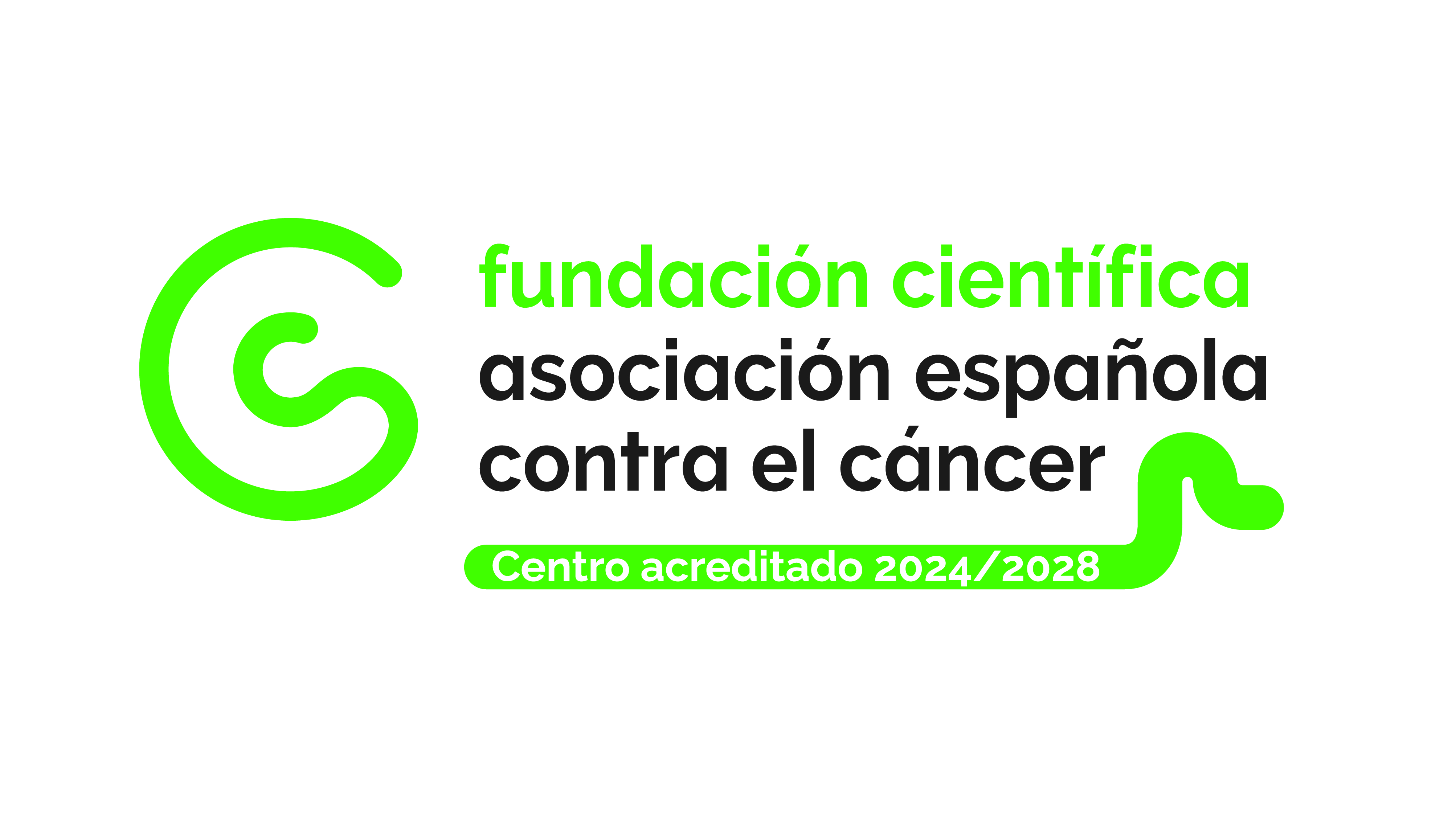Cód. SSPA: IBiS-A-10
Research Lines
- Molecular Epidemiology of Infections Caused by Multiresistant Bacteria. Molecular bases of relevant antimicrobial resistance phenotypes
We are focused on multidrug resistant (MDR) Gram negative bacilli, mainly Enterobacterales. One objective is to perform clonal relationship studies with whole genome sequencing techniques, and to be able compare results with those obtained by conventional typing techniques such as PFGE.
- Characterization and optimization of the activity and efficacy of old antimicrobials
This research has been mainly focused on the antimicrobial fosfomycin to characterize resistance and pharmacodynamics (studies in vitro and in vivo) as well as to prevent the emergence of resistant strains. Studies are also being carried out to understand the interaction of bacterial metabolism with fosfomycin activity in order to maximize the therapeutic efficacy of this antimicrobial.
We are also starting a research line aimed at characterizing the molecular determinants behind temocillin resistance and at optimizing treatment against third-generation cephalosporin-resistant Enterobacterales. To this end, we are currently developing phenotypic and molecular approaches to better understand temocillin resistance using clinical isolates with different beta-lactam resistance profiles. Also, the use of dynamic in vitro infection models, which allow the generation of humanized pharmacokinetic profiles of antimicrobials, allows the study of the therapeutic efficacy of temocillin against third-generation cephalosporin-resistant enterobacteria.
- Molecular basis and clinical impact of low-level antimicrobial resistance mechanisms. Strategies for antimicrobial multi-resistance reversion
Our group have developed strategies to assesses the therapeutic utility of inhibiting the SOS response as a strategy for the reversal of antimicrobial resistance in low level and multidrug-resistant gram-negative bacilli. Besides, a research project has been funded for the use of adjuvants as statins in the treatment of beta-lactams against methicillin-resistant S. aureus infections. Currently we are evaluating the impact of several stress response systems on the reversion of survival bacterial phenotypes like tolerance, persistence or heteroresistance.
- Bacterial and mobile elements molecular typing, characterization of resistance mechanisms and virulence determinants. New tools for the diagnosis of infectious diseases.
Our group is characterizing the influence of genetic lineages on the spread of antimicrobial resistance. We have characterized the introduction of successful clones of K. pneumoniae and A. baumannii and their impact on the antimicrobial resistance map in Southern Spain, centralizing the molecular characterization of multi-resistant isolates in the reference laboratory for molecular typing in Andalusia.
We have characterized for two years all carbapenem-resistant isolates from 8 Andalusian hospitals (SEIMC-CarbaPIRASOA) and collaborated in measuring the impact of antibiotic stewardship teams on their prevalence. We have participated in two international projects for the study of the factors that condition the transmission in the community and socio-health centres of multi-resistant Enterobacterales in general and the ST131 E. coli clone, including environmental contamination in sewage treatment plants and toilets in the centres.
In addition, on E. coli, we are currently involved in a national multicentric project, a matched case-control study. Cases and controls will be matched according to basal features of the patients, source of bacteraemia and type of acquisition. Whole genome sequencing of the isolates will be performed to identify the genes associated with severe sepsis or shock, in order to design diagnostic and therapeutic tools.
Environmental studies carried out: a multicentre study the degree of colonization of piping systems and hospital waste with carbapenemase-producing Gram-negative bacteria, a multidisciplinary study on the One Health concept to compare migratory birds with and without contact with human waste, and presence of antibiotics in surface water and a study to detect Gram-negative ESBL/carbapenemase-producing bacteria in wastewater of Seville and the efficacy of wastewater treatment plants to reduce multiresistant bacterial load.
- Bacterial Biofilms molecular basis and treatment. New antibiotics and non-antibiotic-based therapies for the treatment of infections caused by multidrug-resistant bacteria (photodynamic therapy, adjuvants, biocides).
The main current line of research is related to the activity of biocides and their effect on the gene expression of ESBL-producing and/or carbapenemase-producing K. pneumoniae clinical isolates. In the area of non-antibiotic therapies for the treatment of infections, we have also developed a model able to evaluate in vitro the effectiveness of photodynamic therapy against clinical isolates. In addition, we have recently obtained funding for the analysis of the antimicrobial activity of cannabinoid compounds and derivatives against multidrug-resistant gram-negative bacteria.
Currently, we are collaborating with the University of Valencia and the Instituto de Biología Integrativa de Sistemas (I2YSBIO) in one project based on the isolation and characterization of novel phages from environmental samples against carbapenemase-producing K. pneumoniae clinical isolates for biomedical purposes, including diagnosis, prevention and therapy.
Regarding new antimicrobials, in our group we have collaborated with the industry to analyze the in vitro activity of new antimicrobials against multidrug resistant bacteria such as cefiderocol and imipenem-relebactam.
- Translational Research
Our group coordinates a public-private research project of the Regional Ministry of Health for the development of a rapid diagnostic system for COVID including antibody detection, PCR and biochemical parameters. It has just submitted a private public research project for a rapid detection system for antimicrobial resistance in clinical and environmental samples.
Additionally, we are collaborating with a coordinate project funded by the Ministry of Science and Innovation, with Institut Catalá de Nanociencia I Nanotecnologia and Paperdrop Diagnostics S. A. in order to prototype a multiplexed platform for the fast detection of different resistance determinants. This device will be a rapid, flexible, culture-free and direct-to-the-assay mLFT, by naked-eye for a semiquantitative interpretation and by electrochemical measurements for a more accurate quantification.















